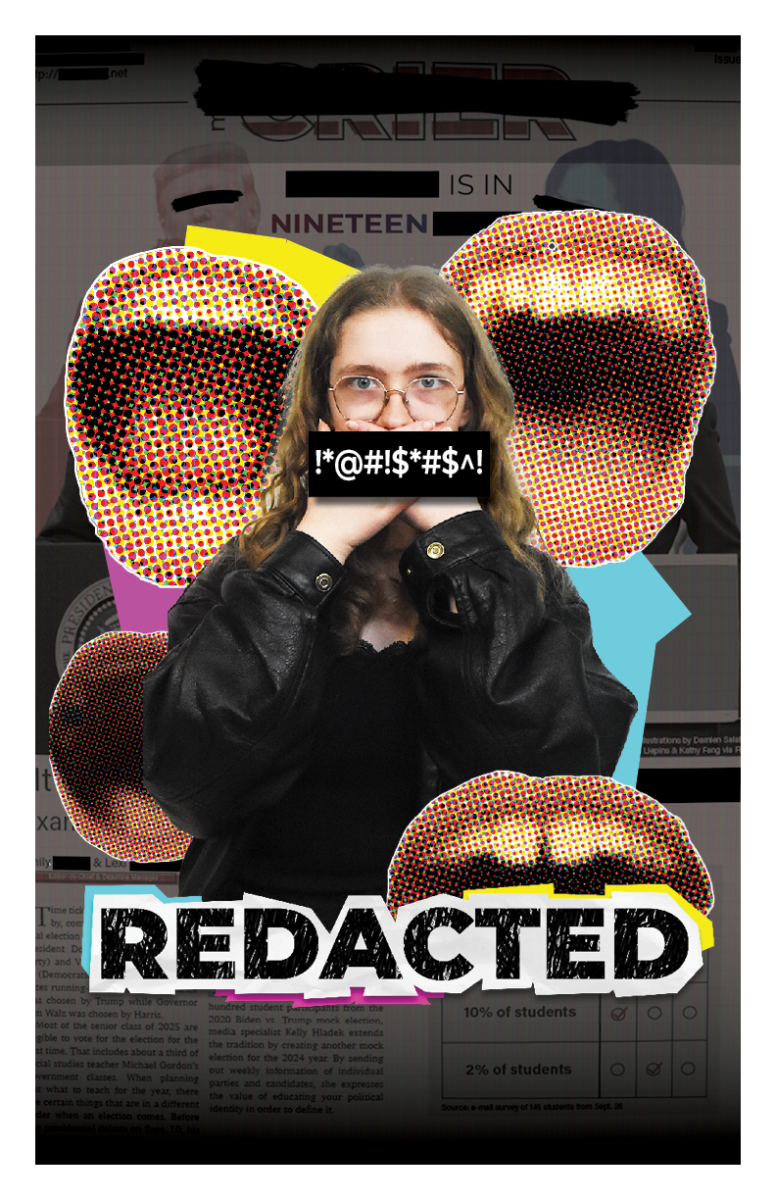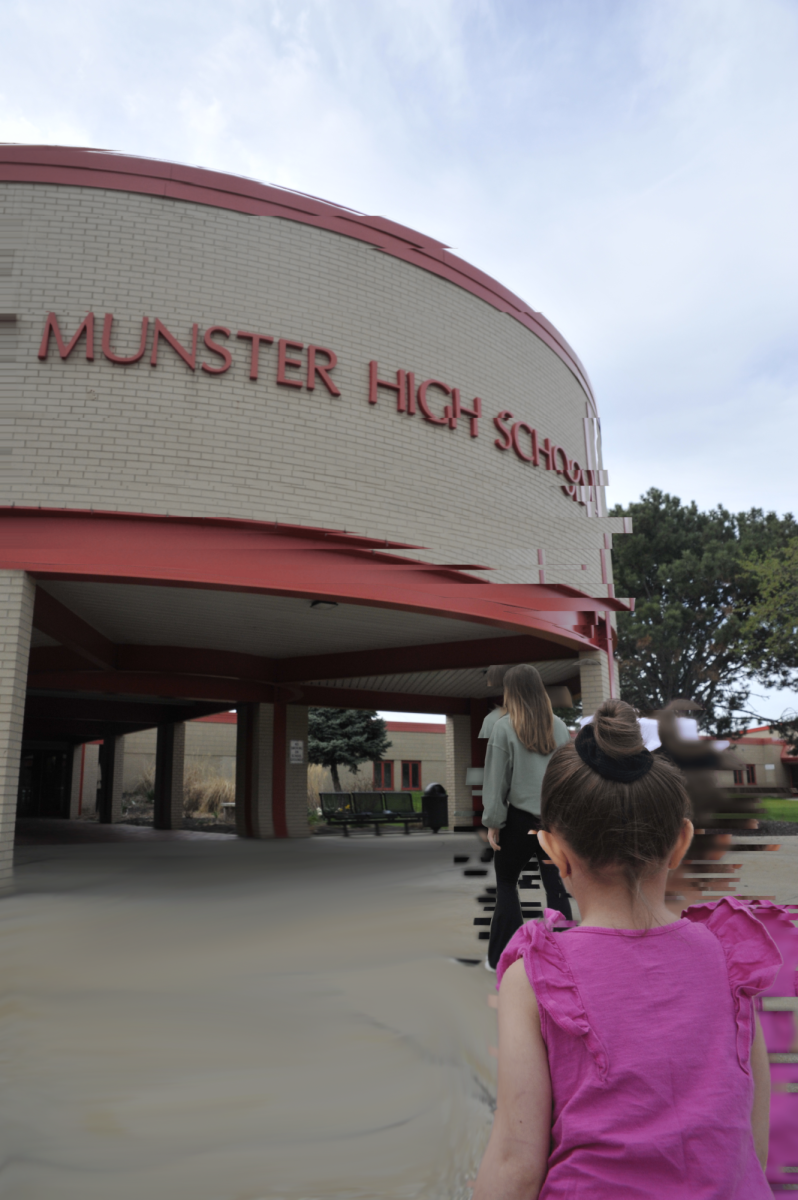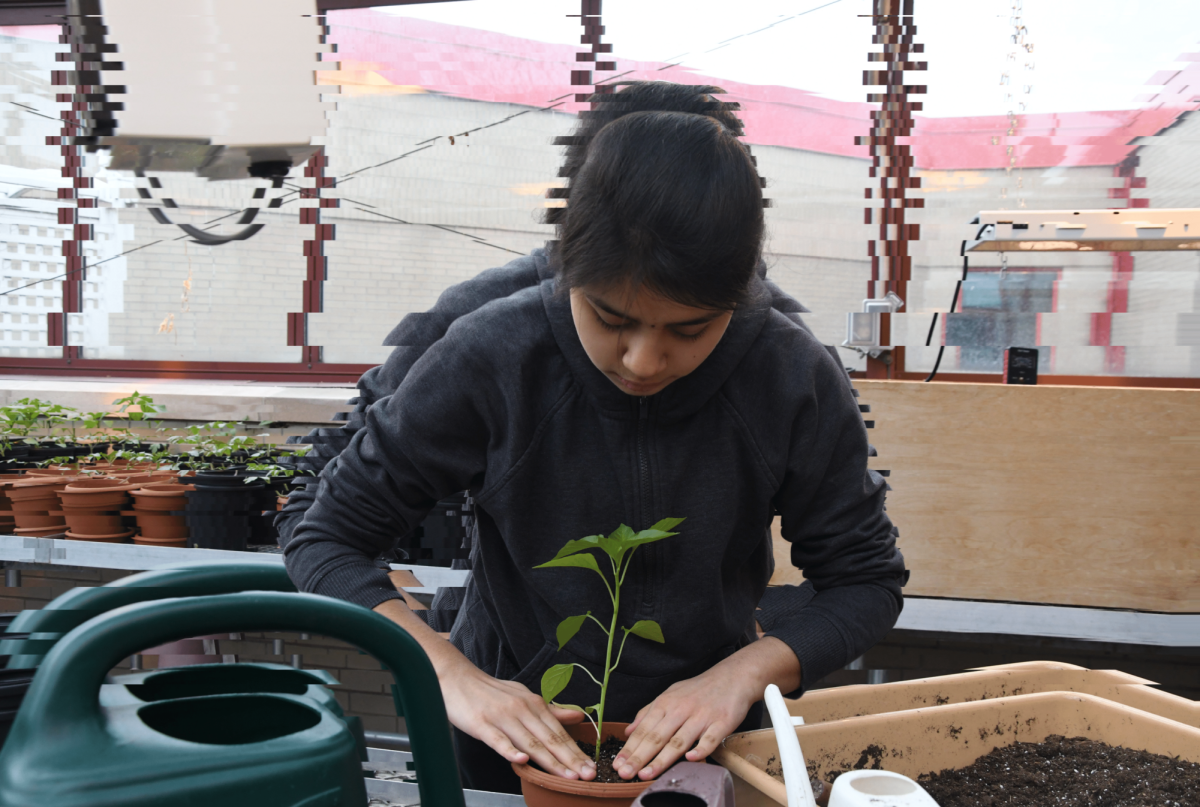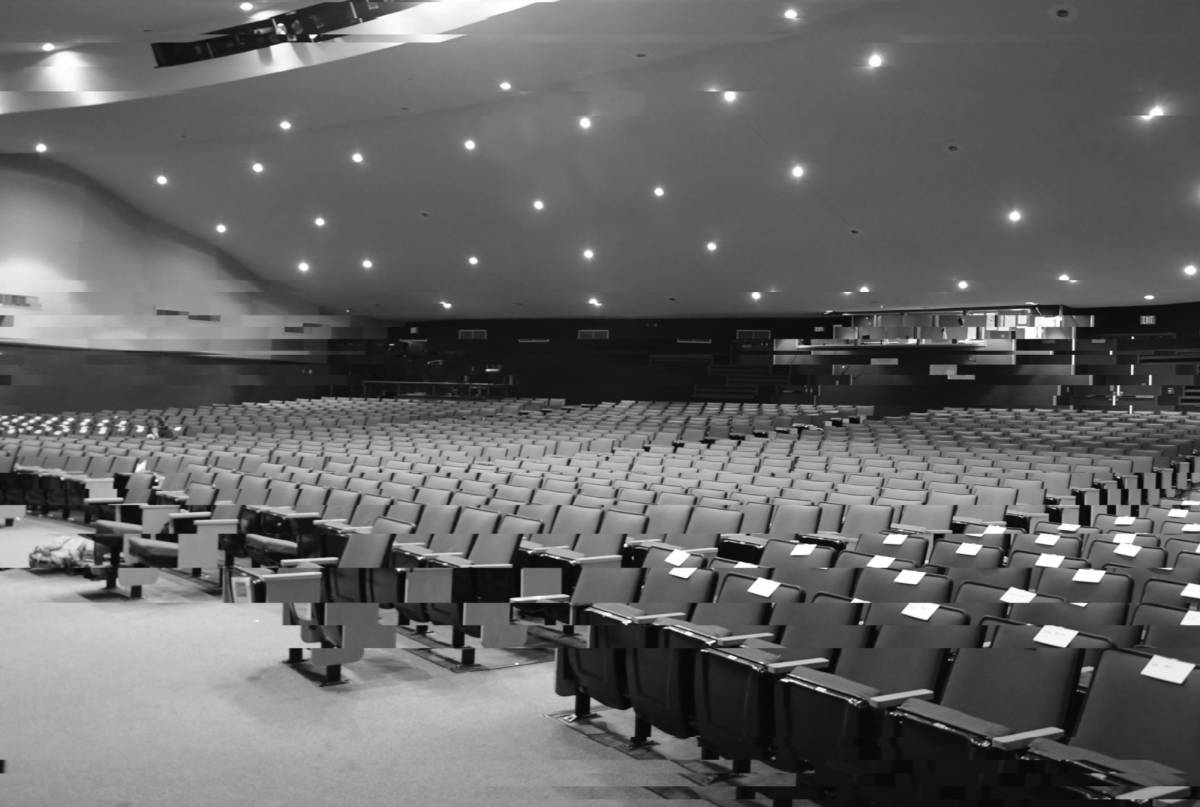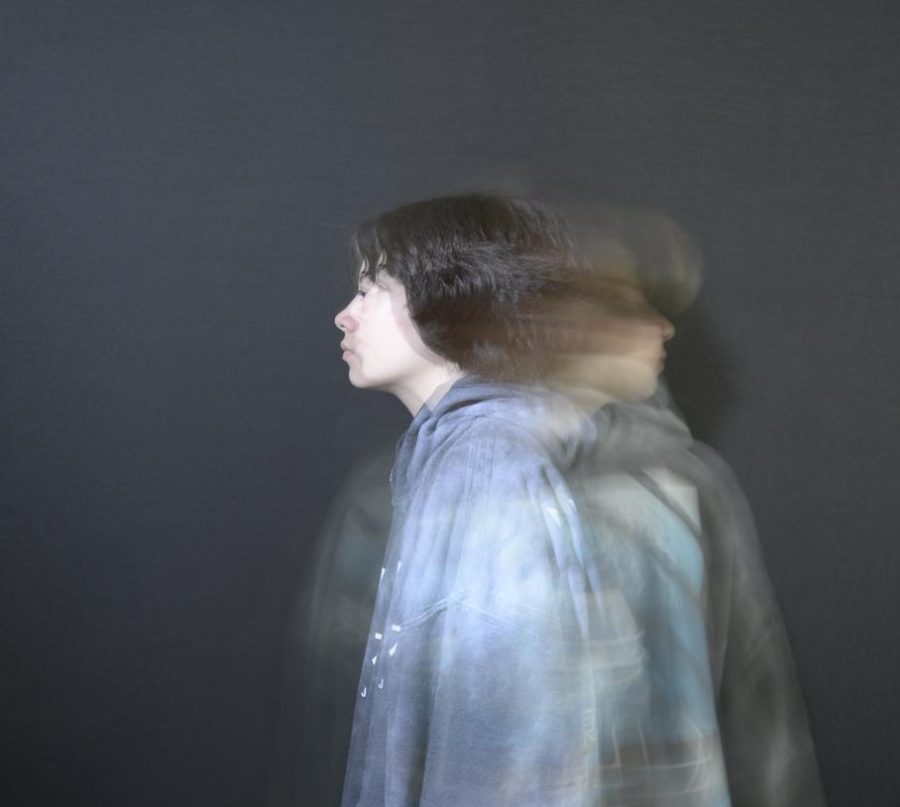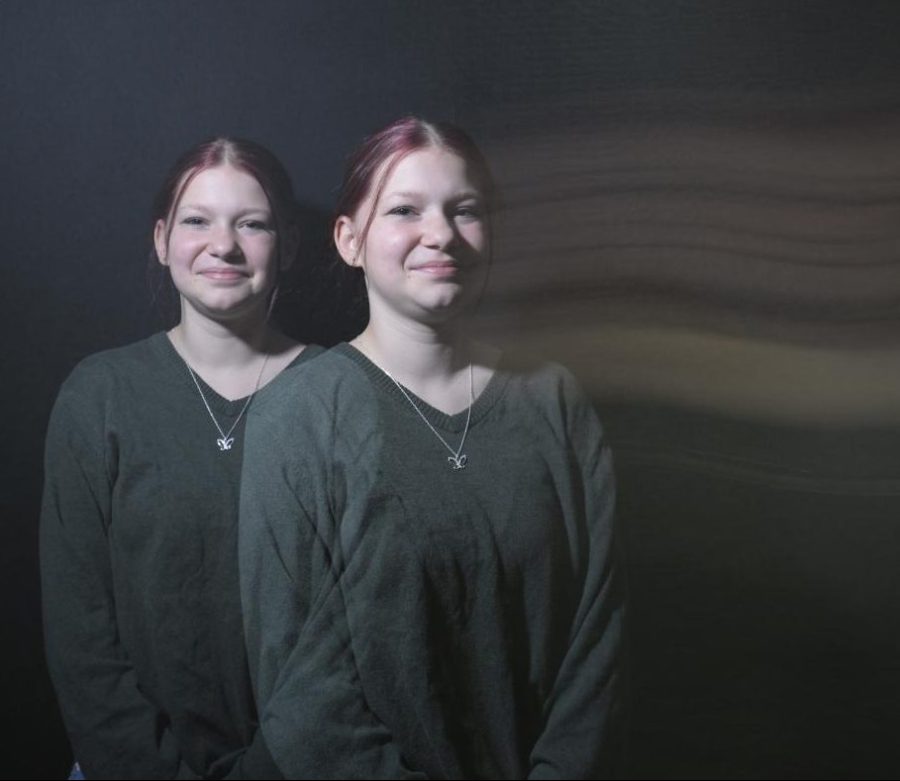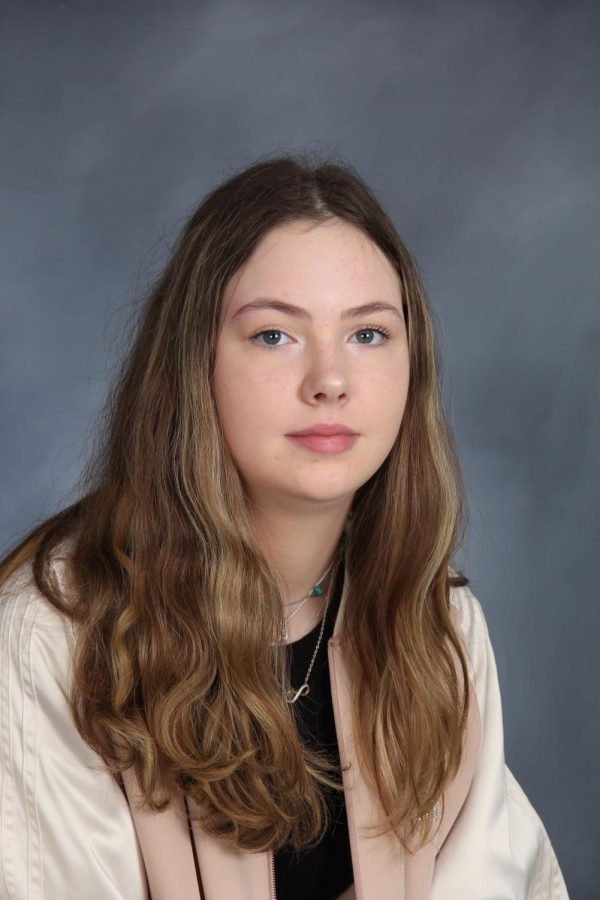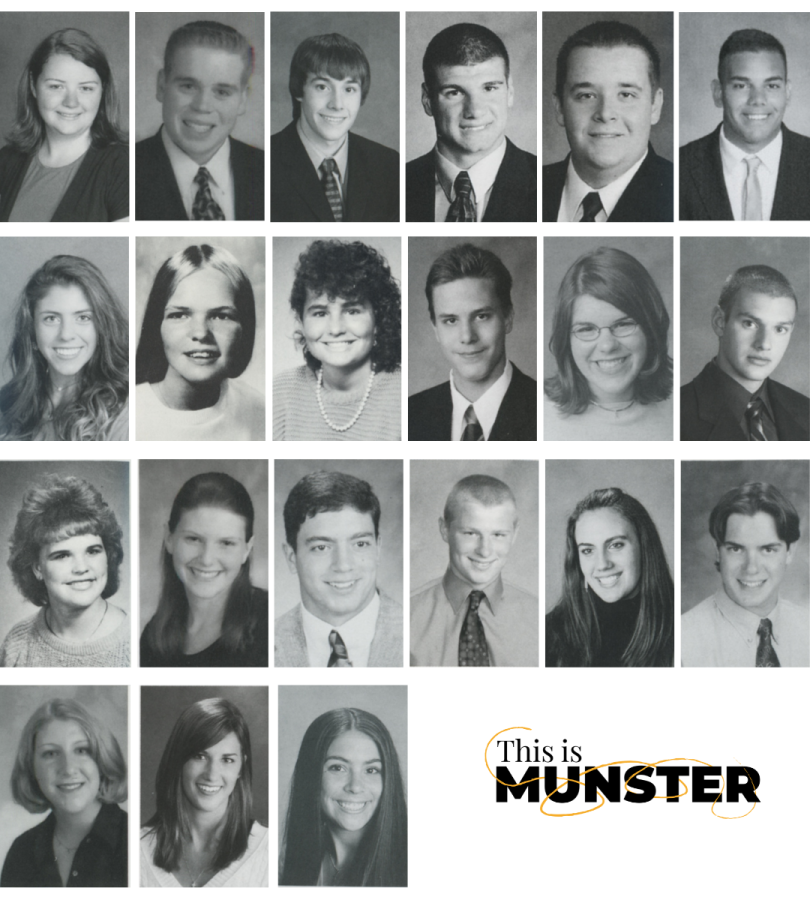We order yearbooks to reminisce over our peer’s portraits and cringy candid shots, passing them from desk-to-desk as we sign each other’s final page with good wishes and inside jokes–a epilogue to a year’s worth of memories. We grab newspapers and we flip right to the back page, skimming through the Backtalk to see who in our grade made this month’s spotlight, delighting in the snippets of our names woven into the articles.
Despite their contrasting mediums, the yearbook and newspaper staff which compose the entirety of publications hold onto one similar goal: to frame a snapshot or a heartbeat within the greater picture and reflect our collective identity as students of Munster.
But lurking beneath glossy pages or ink-stained hands lies a deeper truth we are forced to face—one threatening the presence of publications within our school.
With the impending departure of the entirety of the yearbook staff, 4 seniors graduating out of a 5-person staff, and most notably our adviser who has spent a decade guiding and shaping our publication to how you see it, a sense of uncertainty reverberates throughout the entirety of the staff: what will be made of publications for years to come? Can we be so certain of a guaranteed future for us?
From my two years now in the newspaper, I’ve witnessed the transformative efforts of me and my staff. Crier was granted the honor as the first inductee into the David Adams Hall of Fame, credited for our First Amendment freedom within the school and community. We have fearlessly tackled momentous subjects from the warfare in Palestine to consumerism among our demographic of students. And, without a doubt, not a single staff member is an ounce too afraid to track down a baseball player’s lunch schedule in question for an interview. There is nothing beyond our scope that we are afraid to conquer.
No longer does the hands of publications tie to the tenure of one singular force, that of a precedent adviser or staff, but rather in the collective force of us students who strive to carry on tradition. The end of an era does not mean the end of tradition for those who wish to protect it: that is the spirit we must preserve in order to promise a future of publications.


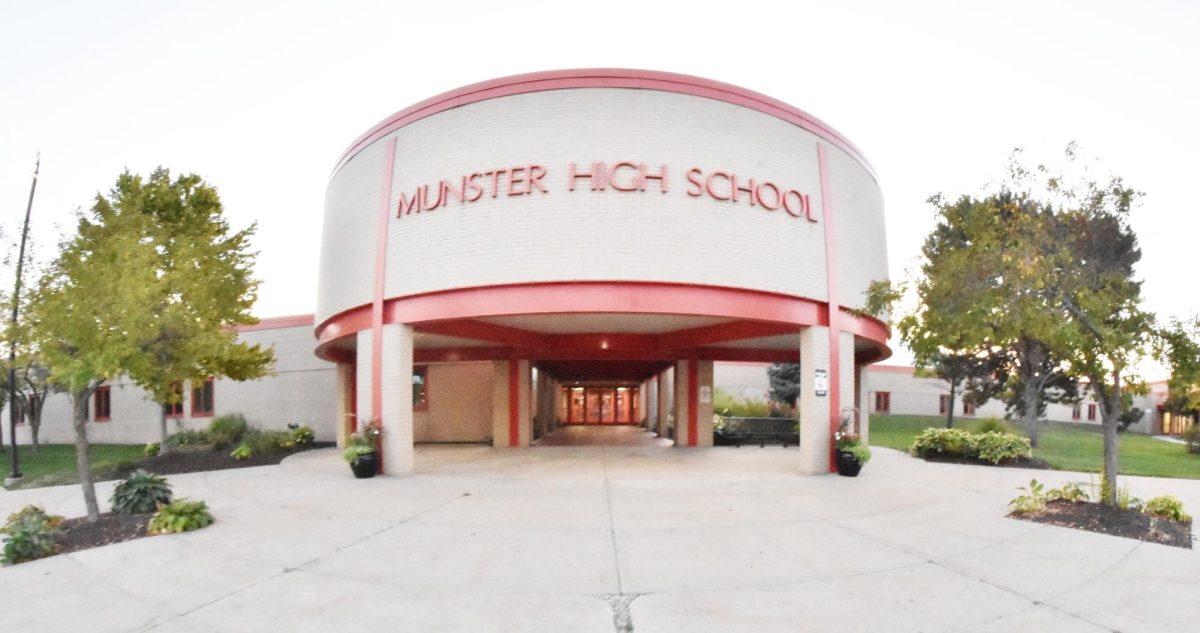


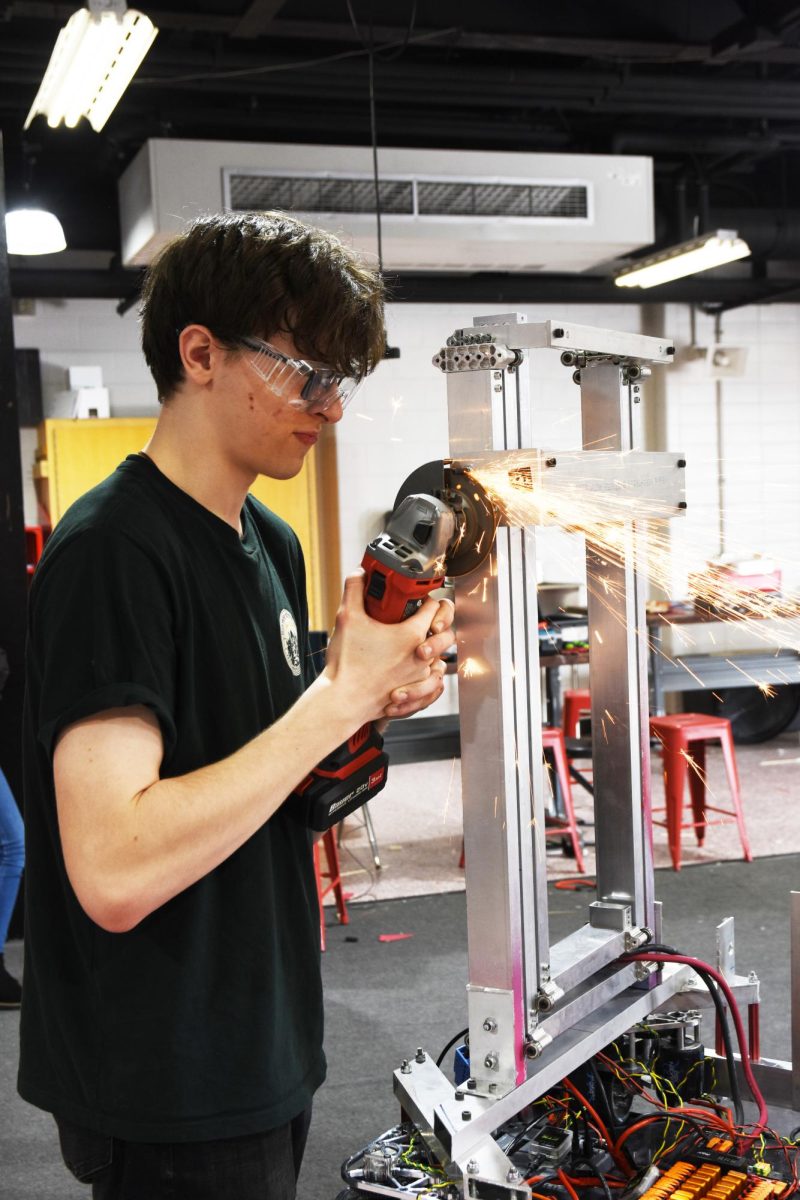




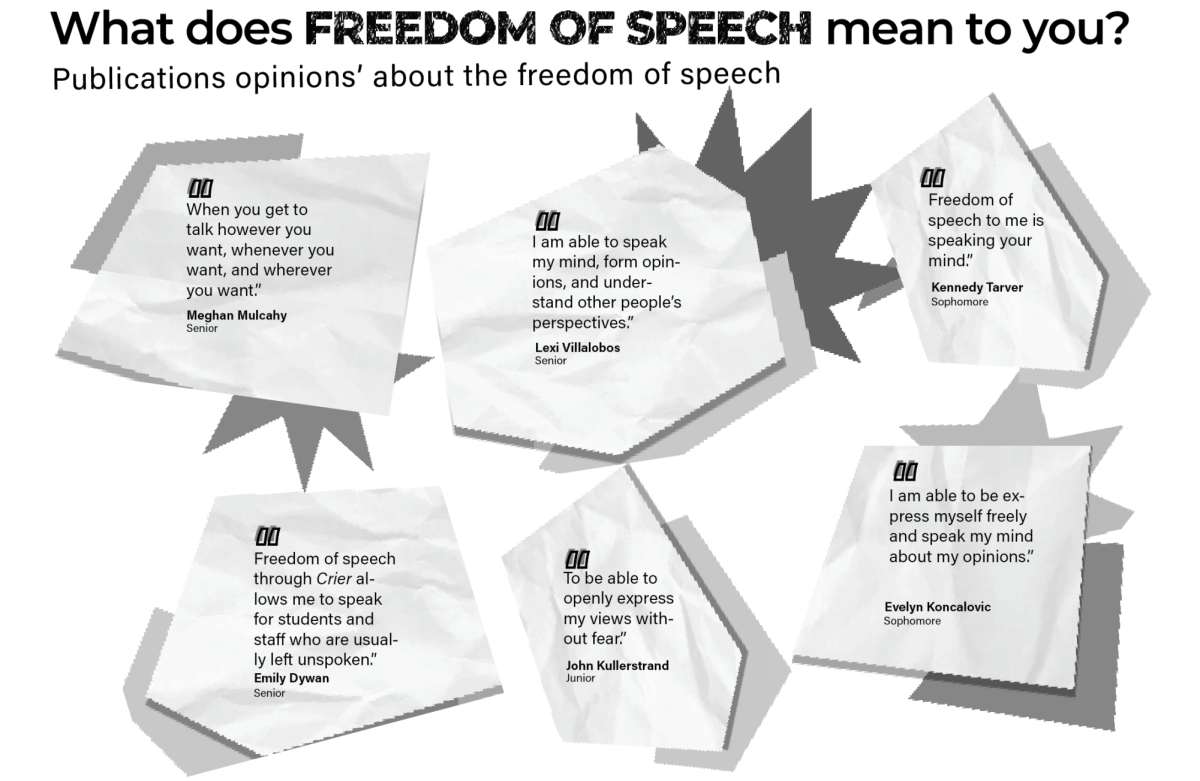
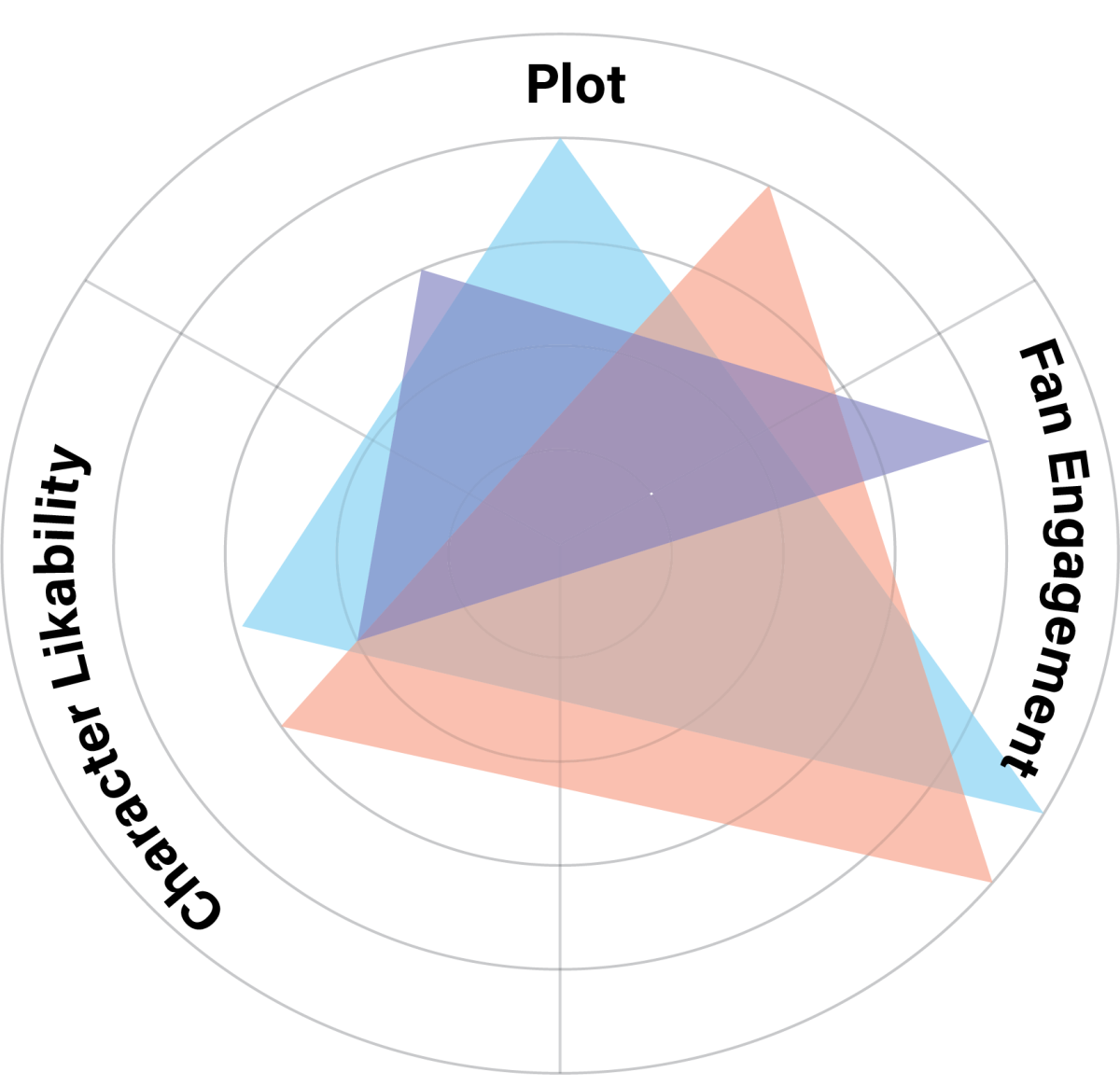


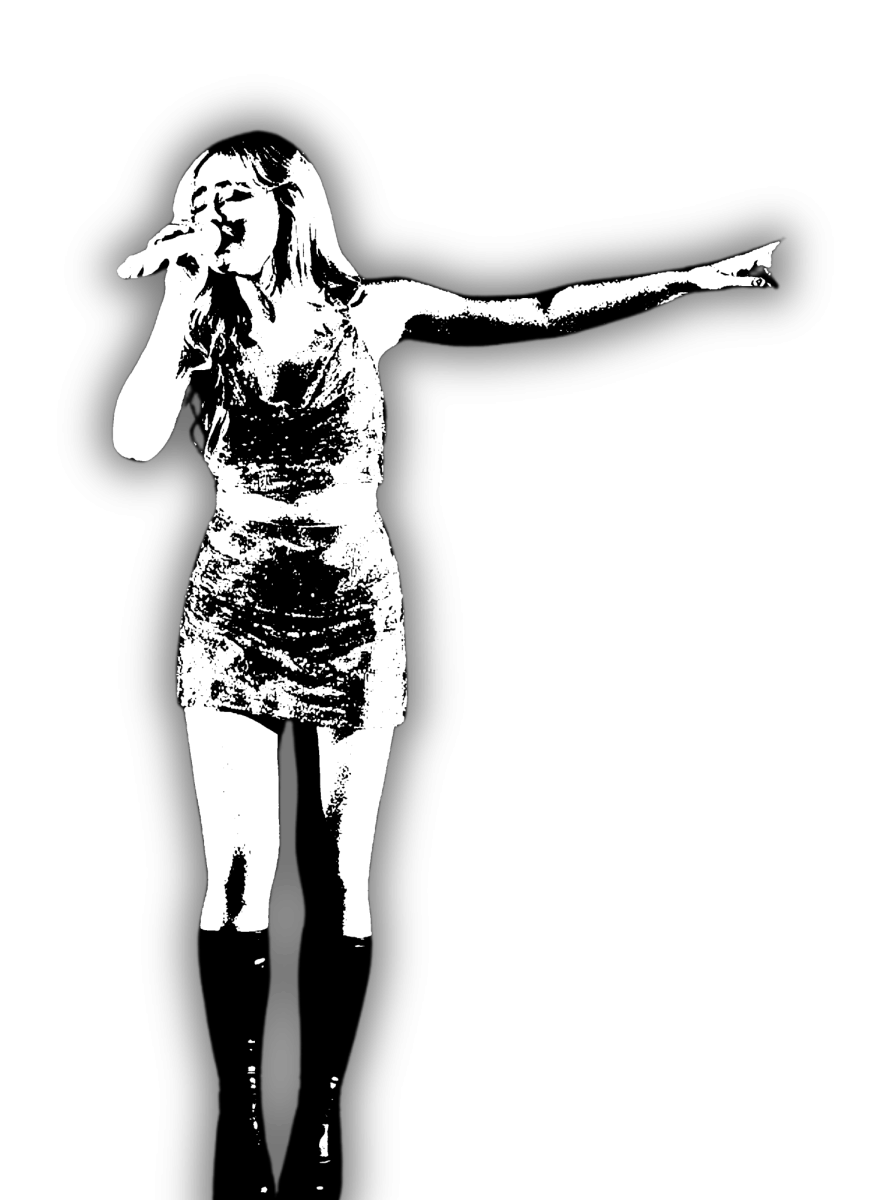

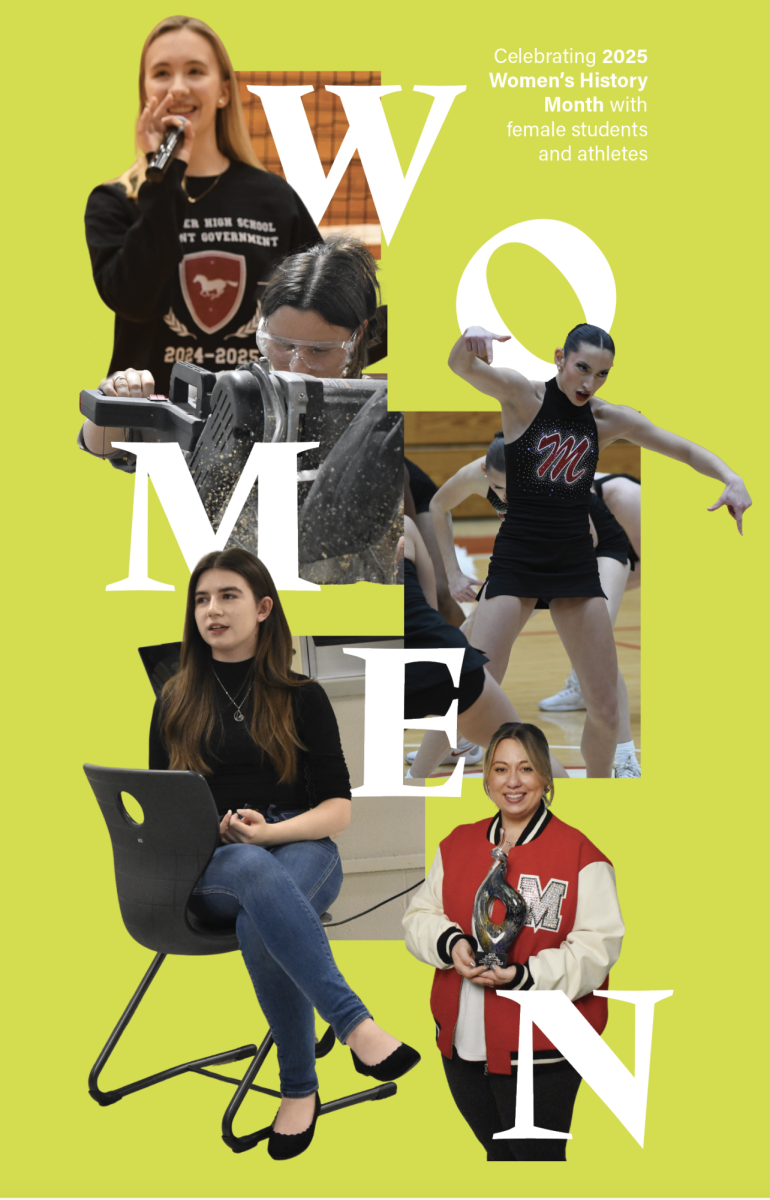
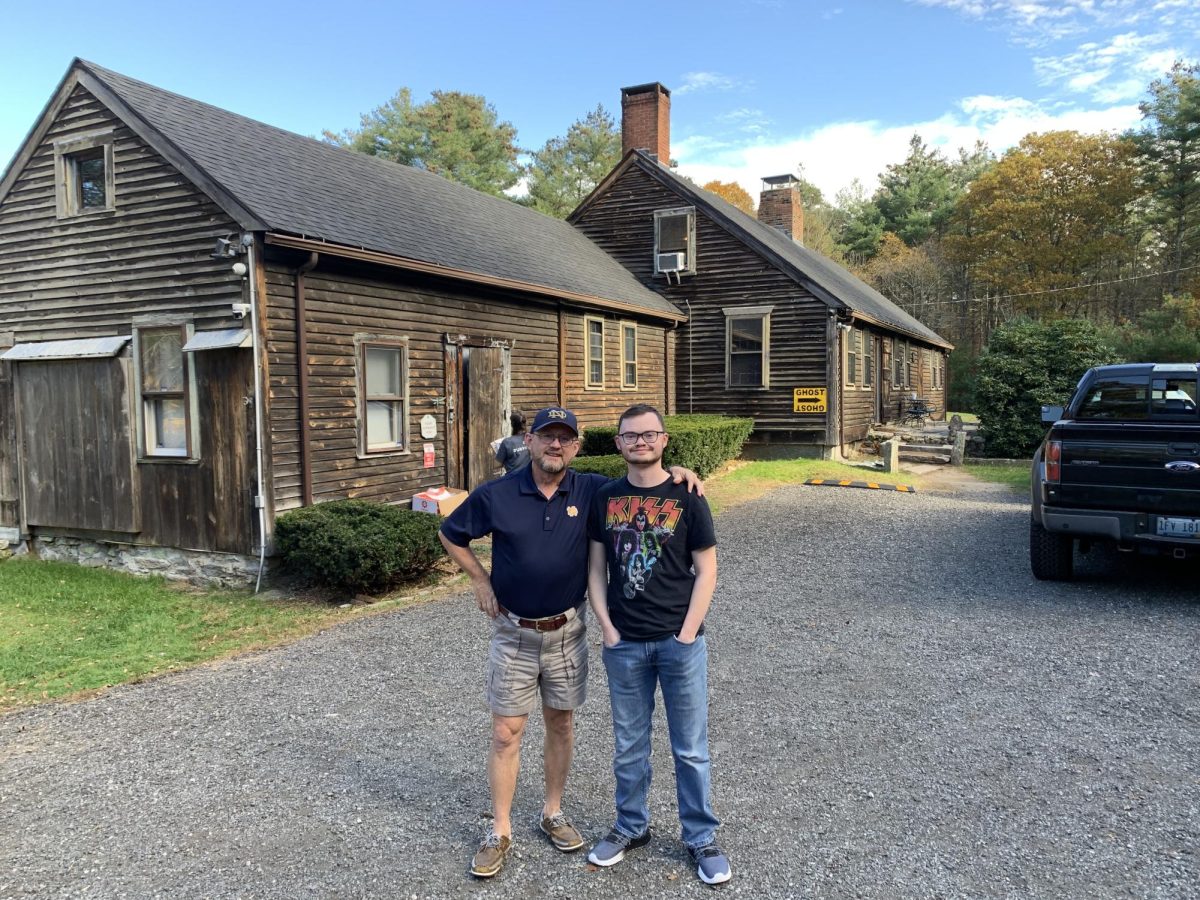
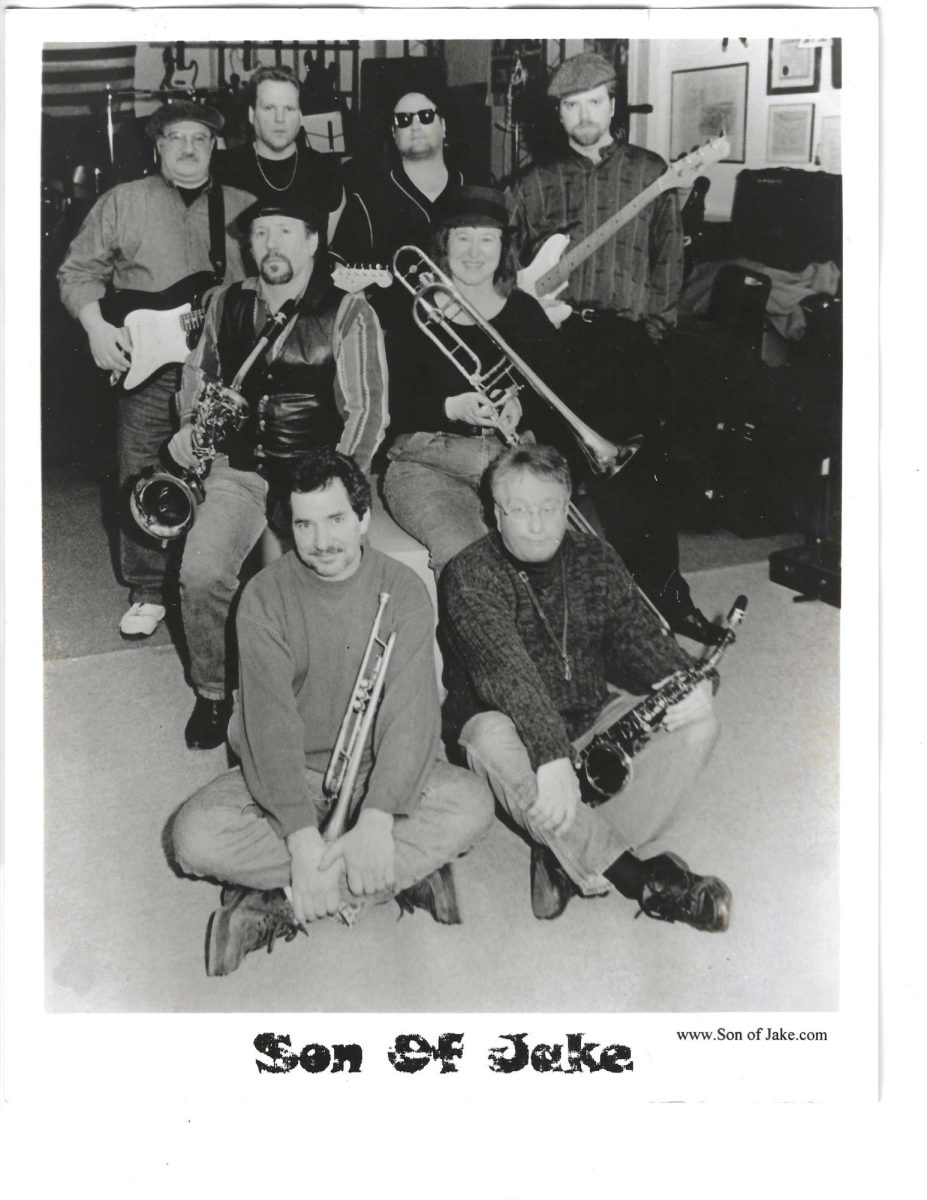



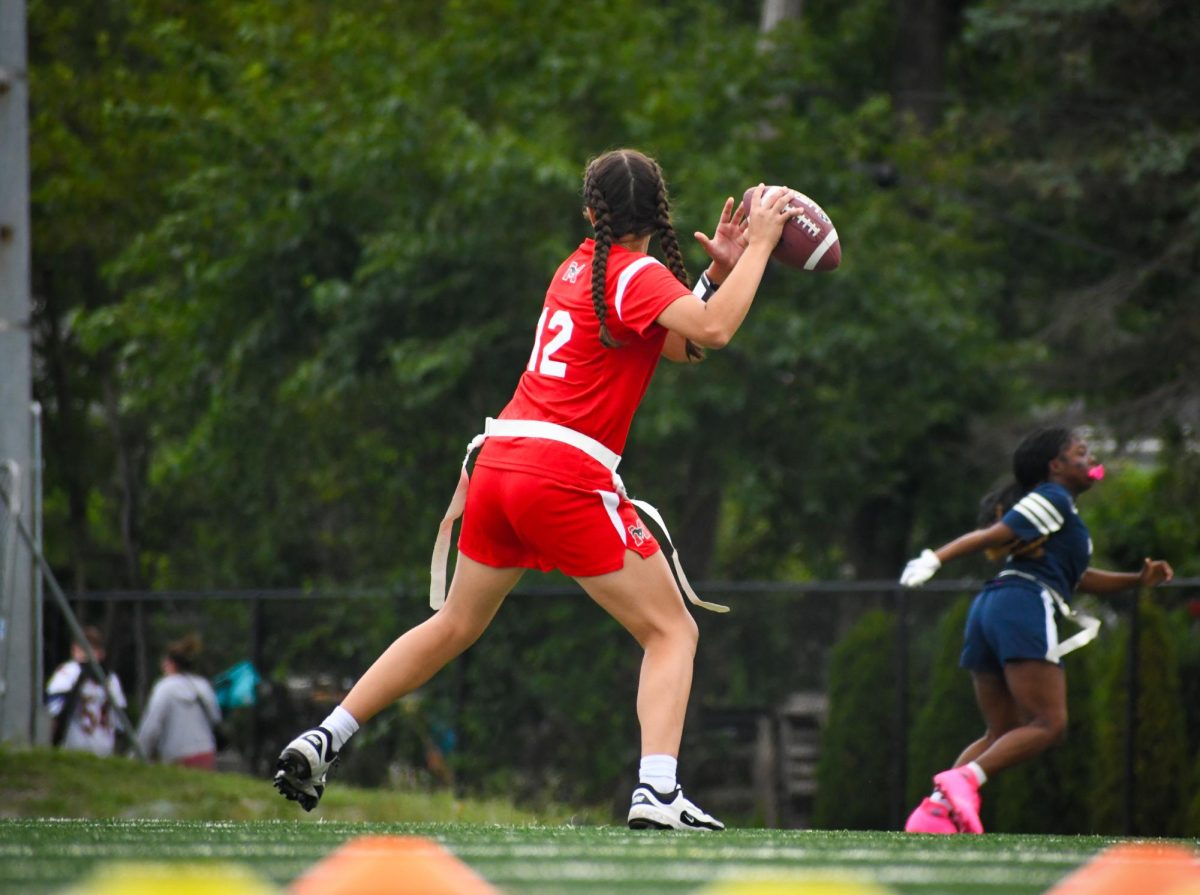
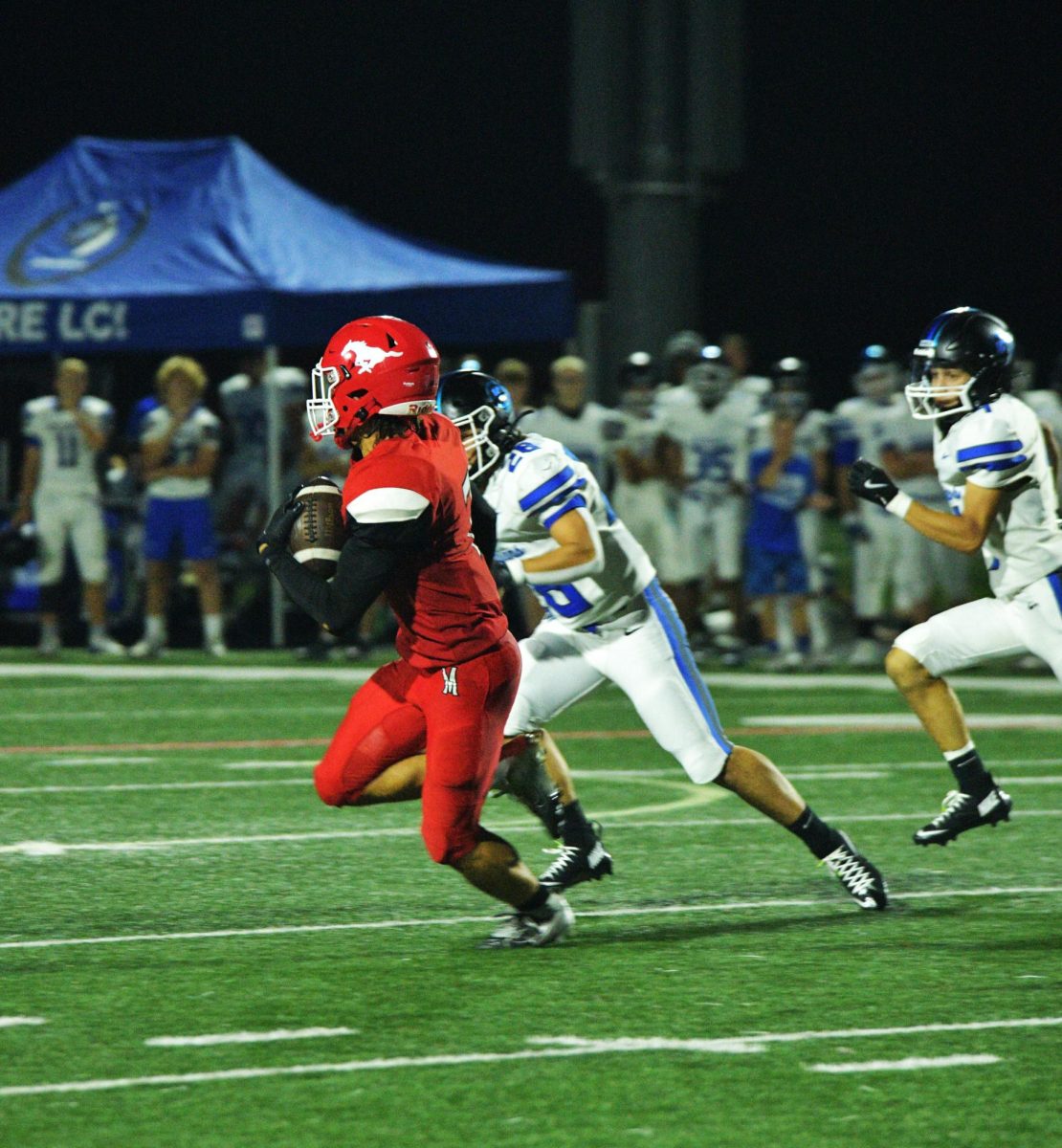

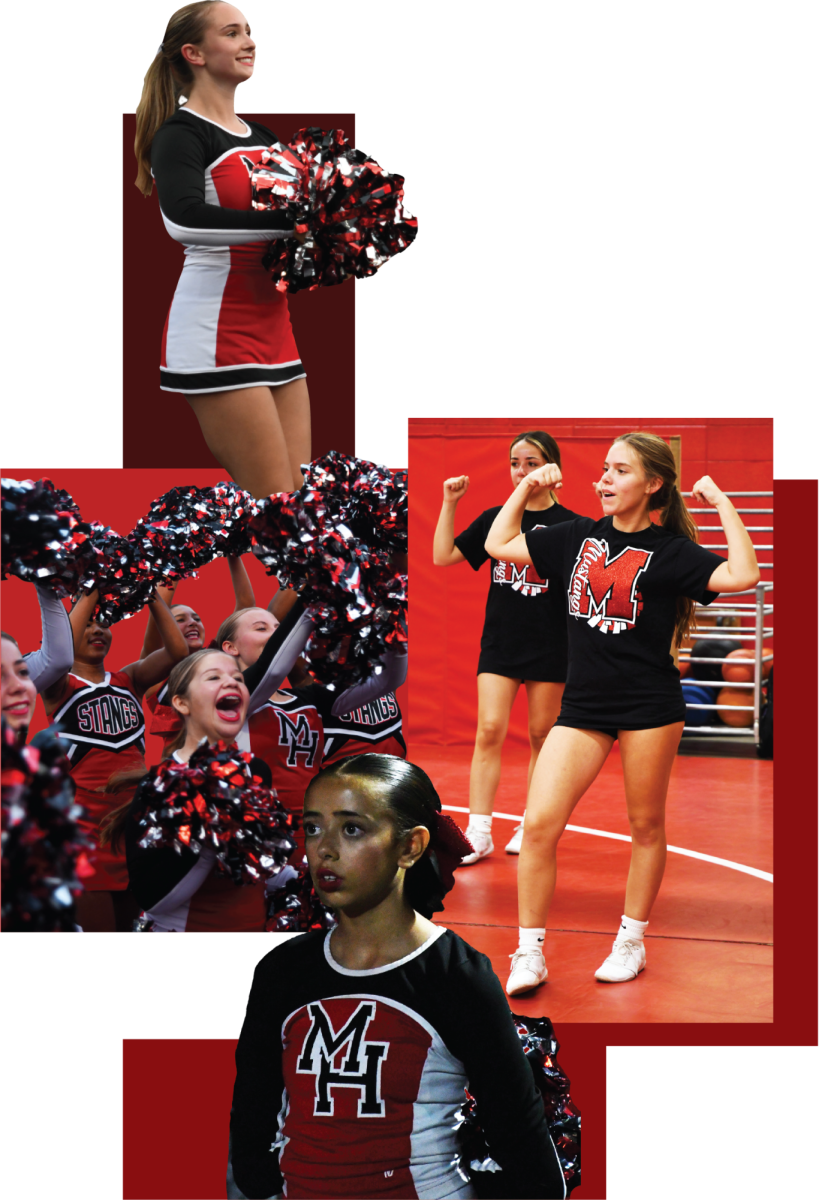


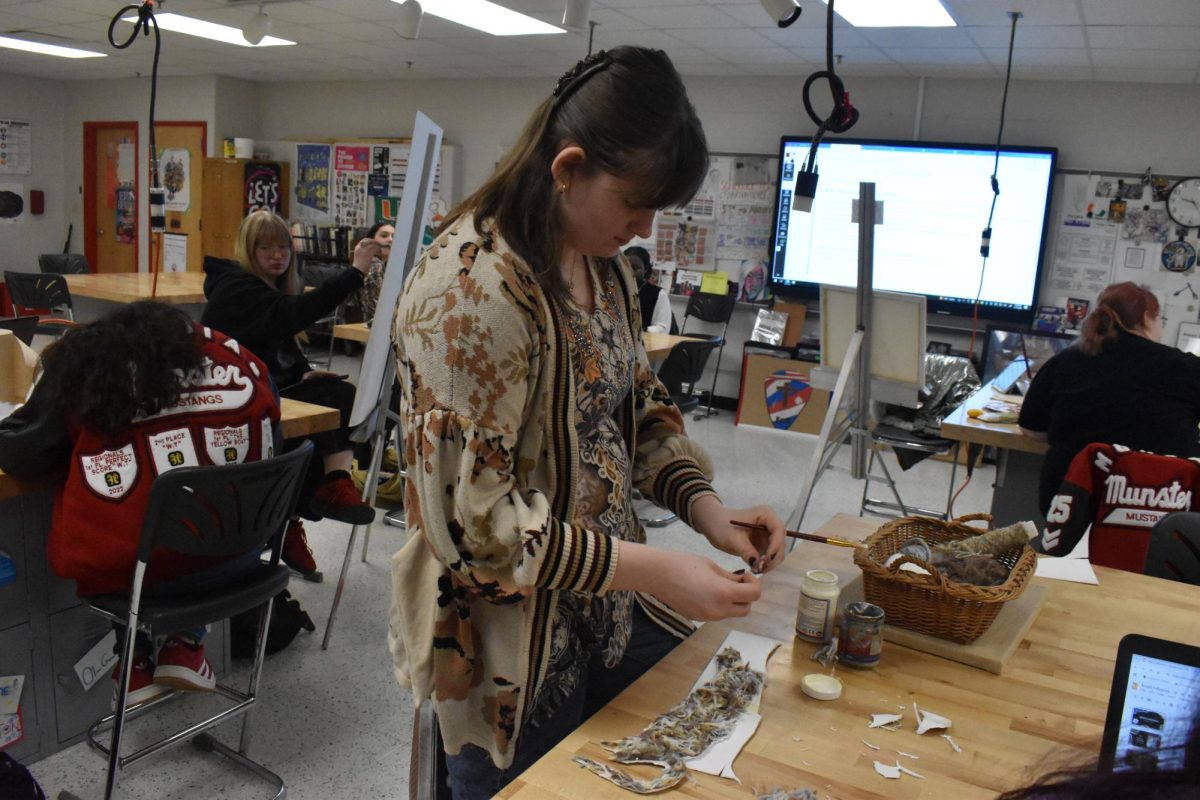
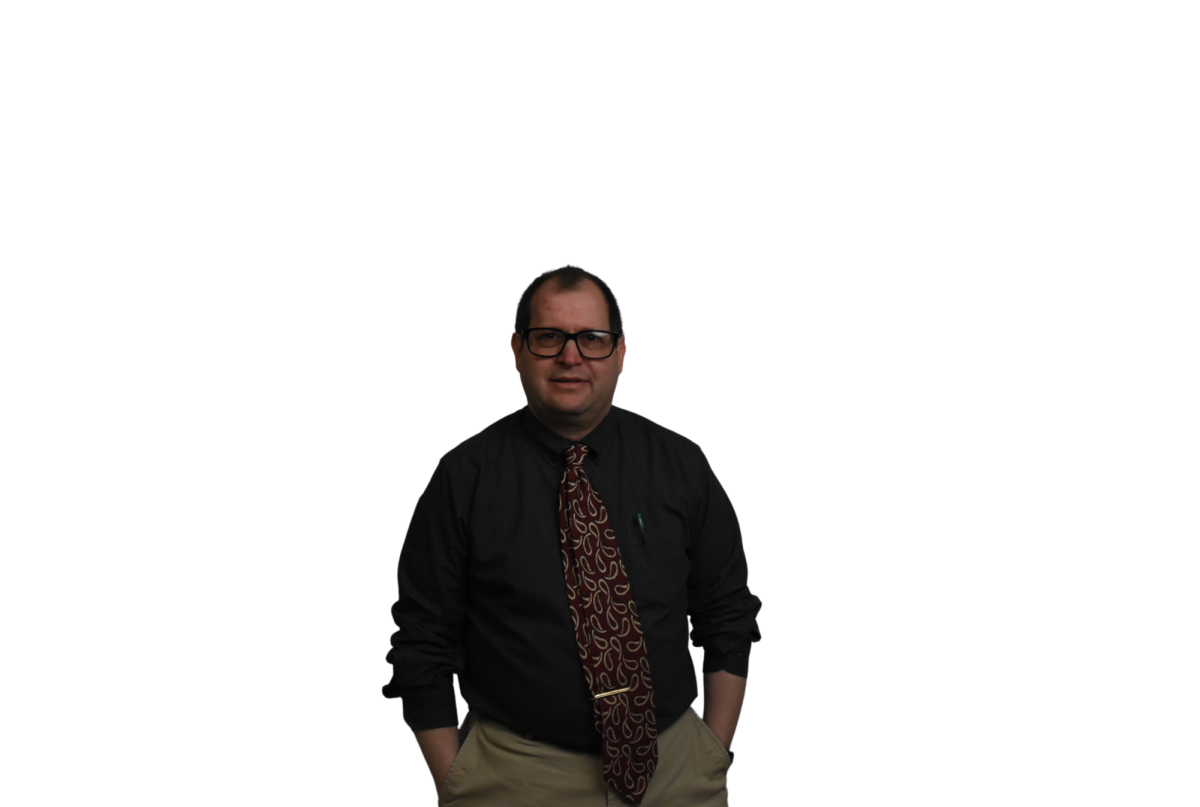

![SNAP HAPPY Recording on a GoPro for social media, senior Sam Mellon has recently started a weekly sports podcast. “[Senior] Brendan Feeney and I have been talking about doing a sports podcast forever. We love talking about sports and we just grabbed [senior] Will Hanas and went along with it,” Mellon said.](https://mhsnews.net/wp-content/uploads/2025/04/sam-892x1200.png)
